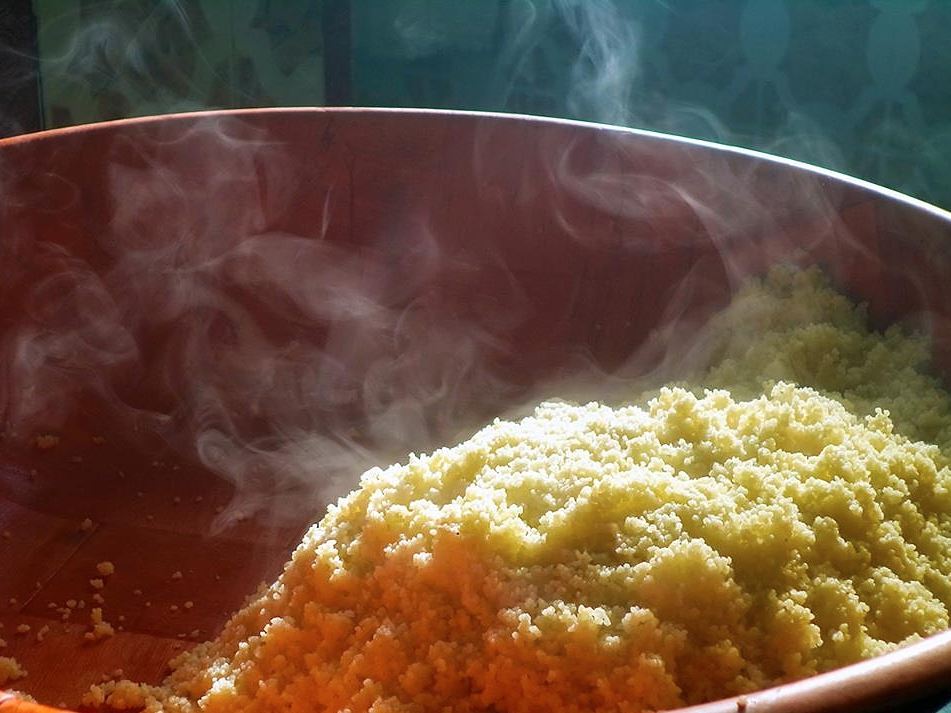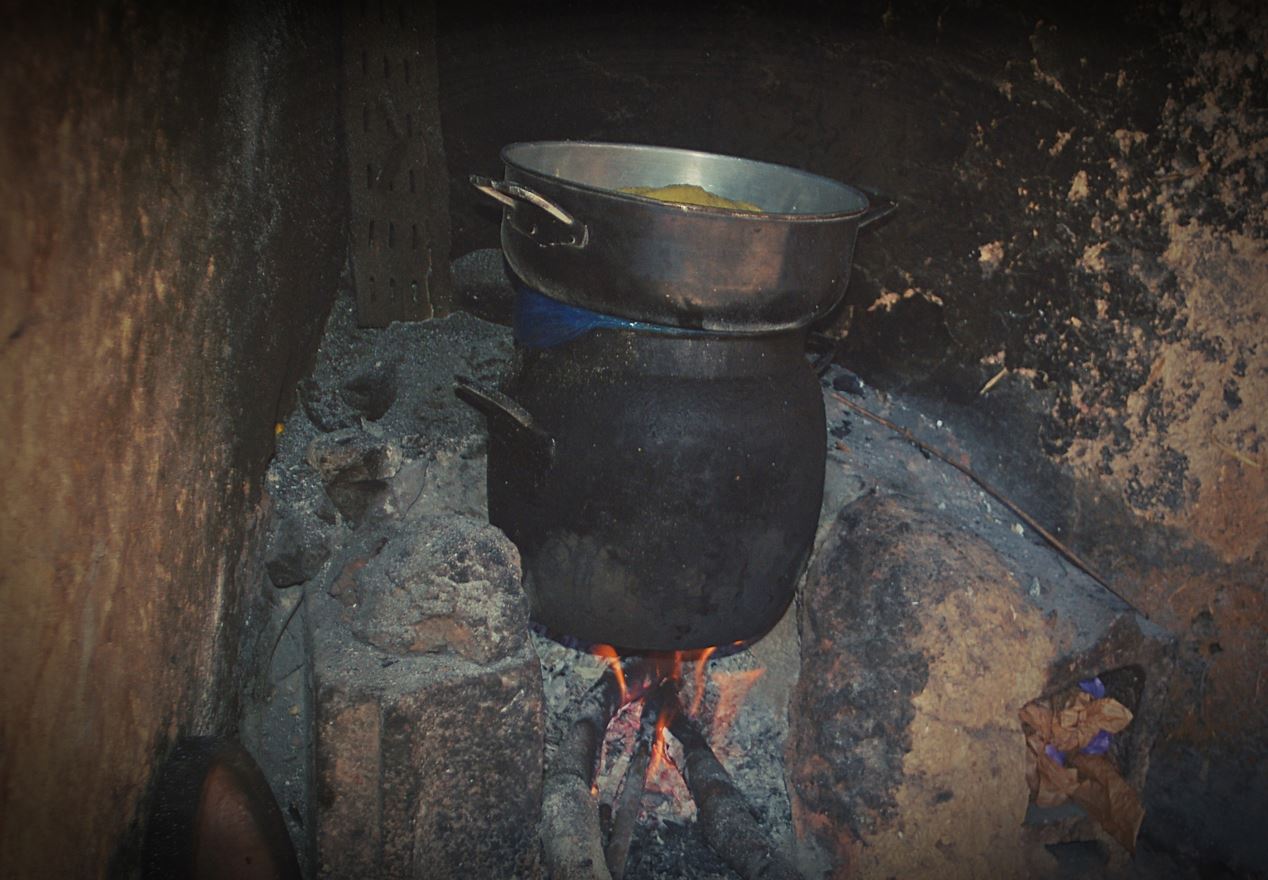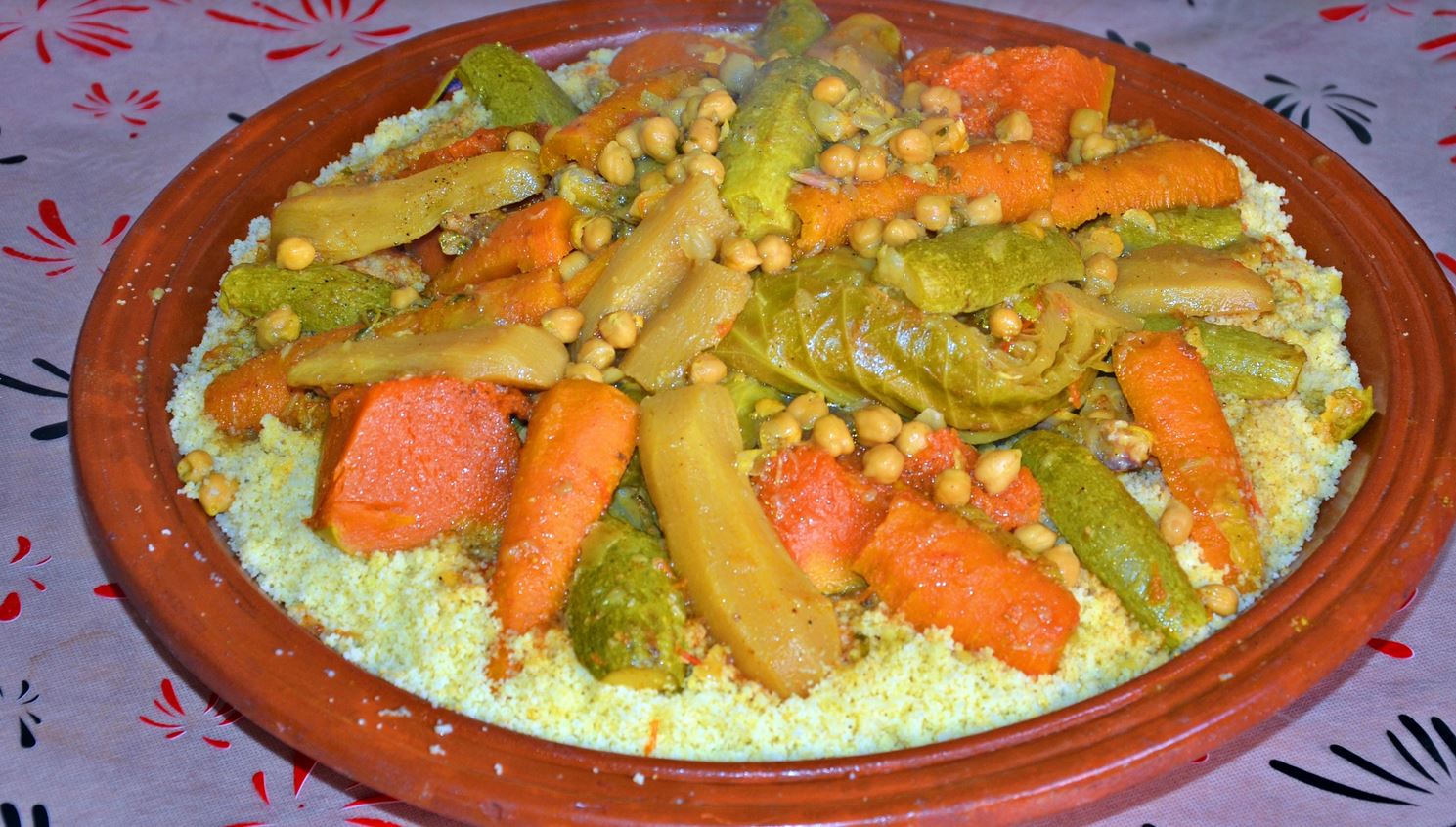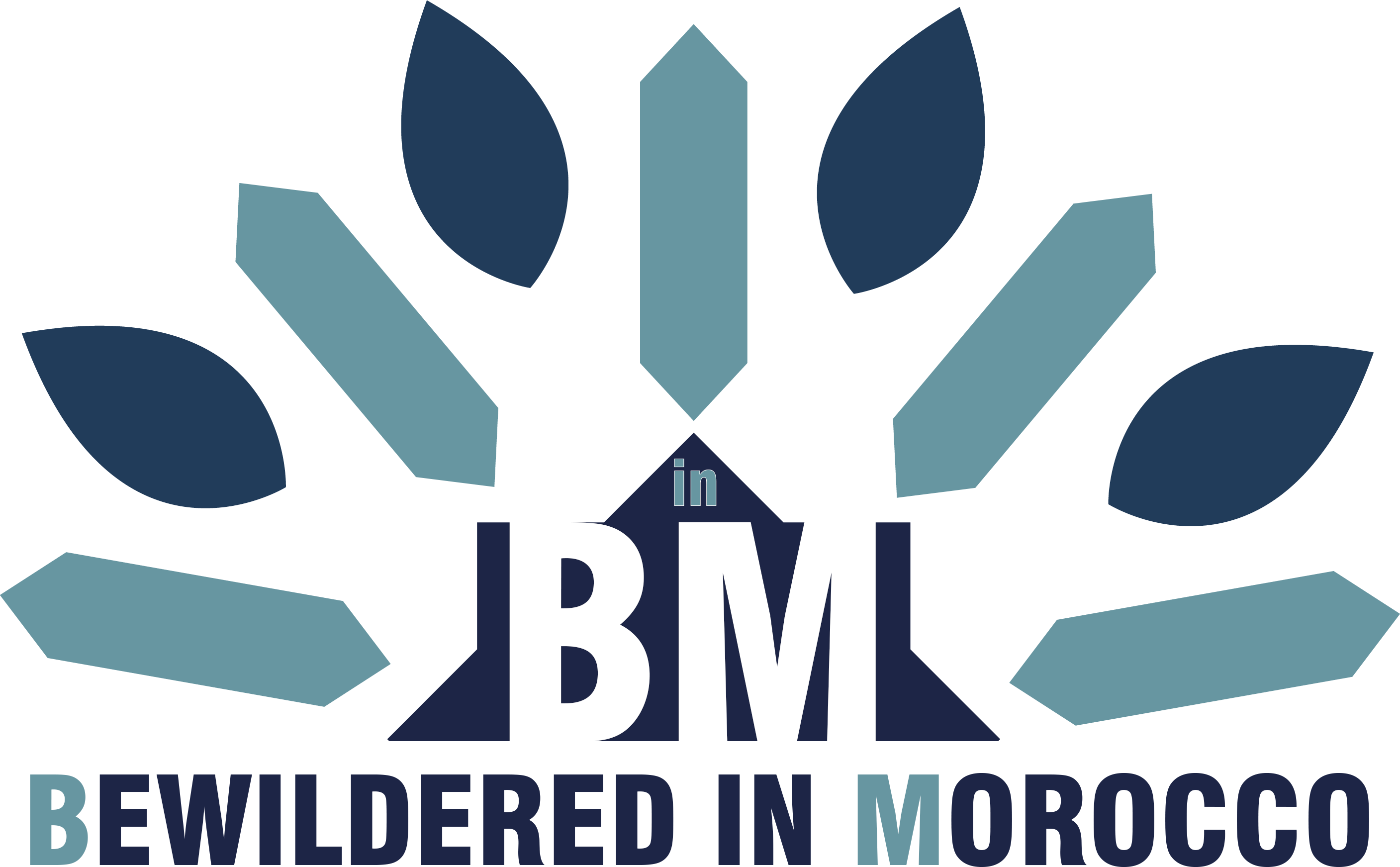When you think of Moroccan couscous, imagine more than just a dish—picture a vibrant story of culture, connection, and centuries-old tradition rolled into every fluffy grain. Moroccan couscous isn't simply food; it's a celebration of life, family, and hospitality that has been warming hearts and bringing people together for thousands of years.
The Roots of Moroccan Couscous: A Culinary Journey

Moroccan couscous began its incredible journey over 2,000 years ago with the Berber people, the original inhabitants of North Africa. While debates rage about its exact origin, most agree that this beloved dish blossomed in Morocco and Algeria, evolving through centuries of cultural exchanges.
What Exactly is Couscous?
At its core, Moroccan couscous consists of tiny semolina wheat granules, carefully steamed until light and fluffy, then adorned with tender meats, fresh vegetables, and a symphony of aromatic spices. But in Morocco, 'couscous' means far more than just grains—it represents the entire feast that graces family tables every Friday and during special occasions.
Cultural Significance: More Than Just a Meal

In Moroccan culture, couscous is a powerful symbol of unity and generosity. It's a ritual that transcends mere sustenance. Fridays, the holy day in Morocco, see families gathering after mosque, sharing not just food but stories, laughter, and sweet mint tea.
The Art of Sharing
When you join a Moroccan family for couscous, you're entering a sacred tradition. Eat with your right hand, dive into the communal platter, and experience a meal that's all about respect, connection, and making guests feel like family.
From Market to Table: The Couscous Journey

My travels through Morocco have shown me that the couscous journey begins early Friday morning at bustling local markets. Picture vendors displaying their freshest produce—turnips, carrots, zucchini—each with a story to tell. The friendly bargaining, the vibrant colors, the tantalizing aromas—it's a sensory experience that goes far beyond shopping.
The Legendary Seven-Vegetable Couscous
Ask any Moroccan about the ultimate couscous, and they'll speak of the "seven-vegetable" version. This legendary dish is a rainbow of flavors, featuring carrots, turnips, zucchini, squash, pumpkin, cabbage, and sometimes potatoes or chickpeas.
Regional Variations: A Culinary Tapestry
Morocco's diverse landscapes inspire equally diverse couscous recipes. In Tangier, seafood joins the party. Marrakech loves spicier touches and deep-red sauces. The Atlas Mountains might feature wild herbs, while coastal Agadir offers surprising twists like couscous with fresh sardines.
Preparation: A Labor of Love
Authentic Moroccan couscous is not a rushed affair. It's a morning-long ritual involving gentle steaming of semolina grains, carefully browned meats, and a delicate dance of spices. Ras el hanout—a magical blend of up to 30 spices—often makes an appearance, transforming the dish into a culinary masterpiece.
Making Couscous at Home: Tips from Moroccan Kitchens
Want to bring a taste of Morocco to your kitchen? Here are some insider tips:
- Invest in a proper couscoussier (traditional steaming pot)
- Use high-quality, fresh ingredients
- Steam the couscous grains three times
- Season your broth generously with warming spices
- Take your time and enjoy the process
Architectural and Cultural Insights
Traditional Moroccan homes reflect the same principles as couscous—comfort, connection, and hospitality. Low tables, deep platters, and thick walls designed to keep rooms cool create the perfect setting for long, communal meals.
Travel Tips for Couscous Lovers
- Visit local markets on Friday mornings
- Join a cooking class in Fez, Marrakech, or Rabat
- Learn basic Arabic greetings
- Embrace eating with your hands
- Remember: couscous is best enjoyed slowly, with good company
A Dish That Tells a Story
Moroccan couscous is far more than food—it's a living, breathing narrative of Morocco itself. It embodies hospitality, tradition, and the warmth of human connection. Every bite tells a story of landscapes, generations, and a culture that knows the true meaning of sharing.
Have you ever experienced the magic of Moroccan couscous? Share your stories in the comments below! And if you're planning a trip to Morocco, let this be your invitation to dive deep into a culinary adventure that will transform your understanding of food and culture.
